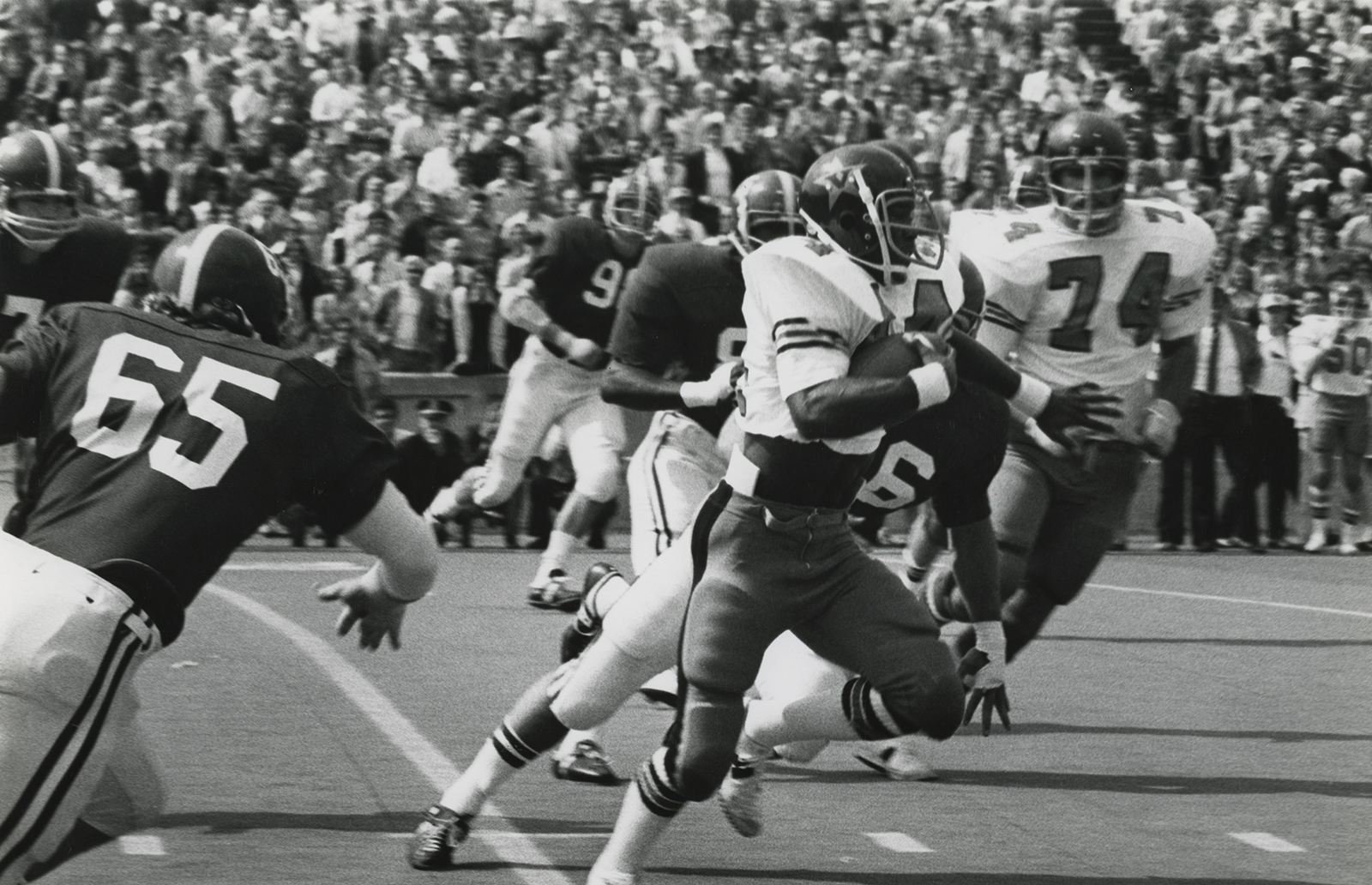By Graham Hays
It is one of Bernard Nomberg’s earliest memories of Vanderbilt football, but, at the time, he would have preferred to forget it as quickly as possible. Like many who grew up in the state during Paul “Bear” Bryant’s reign on the University of Alabama sideline, Nomberg came of age cheering for the Crimson Tide. Bryant had retired by the time Nomberg visited Bryant-Denny Stadium on Sept. 29, 1984, but like most of the 60,000 in attendance, the young fan still expected the Tide to punctuate homecoming festivities with a victory.
Instead, unbeaten Vanderbilt defeated Alabama 30-21.
“As a 16-year-old lifelong Alabama fan, I was mad that day,” Nomberg recalls. “I was sad. Little did I know that a year and a half later, a lot of those guys would be my teammates.”
Or that four decades later, he would help ensure that their voices never go silent.
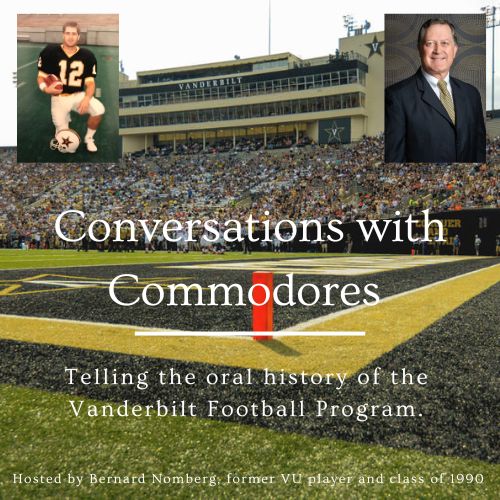 As host of the Conversations with Commodores podcast, Nomberg has recorded nearly 200 episodes with Vanderbilt football alumni, as well as coaches, staff and others affiliated with Vanderbilt Athletics. More than three decades ago, he was part of the football team for four seasons. But the past four years have transformed the attorney from Birmingham, Alabama, into Vanderbilt football’s oral historian and the caretaker of program lore.
As host of the Conversations with Commodores podcast, Nomberg has recorded nearly 200 episodes with Vanderbilt football alumni, as well as coaches, staff and others affiliated with Vanderbilt Athletics. More than three decades ago, he was part of the football team for four seasons. But the past four years have transformed the attorney from Birmingham, Alabama, into Vanderbilt football’s oral historian and the caretaker of program lore.
“The reaction to it over the years has been incredible,” Nomberg says. “It’s just about building a community for Vanderbilt football where there hasn’t been one.”
Growing up in Dothan, Alabama, Nomberg quarterbacked Northview High School to a state championship in 1985. That caught the eye of Vanderbilt head coach Watson Brown, a former standout quarterback who had only recently returned to his alma mater. Self-aware enough to know his future wasn’t in the NFL, and that he wanted to follow in his father’s footsteps in the legal profession, Nomberg couldn’t turn down the opportunity to compete in the SEC and earn a Vanderbilt degree when Brown offered him a scholarship.
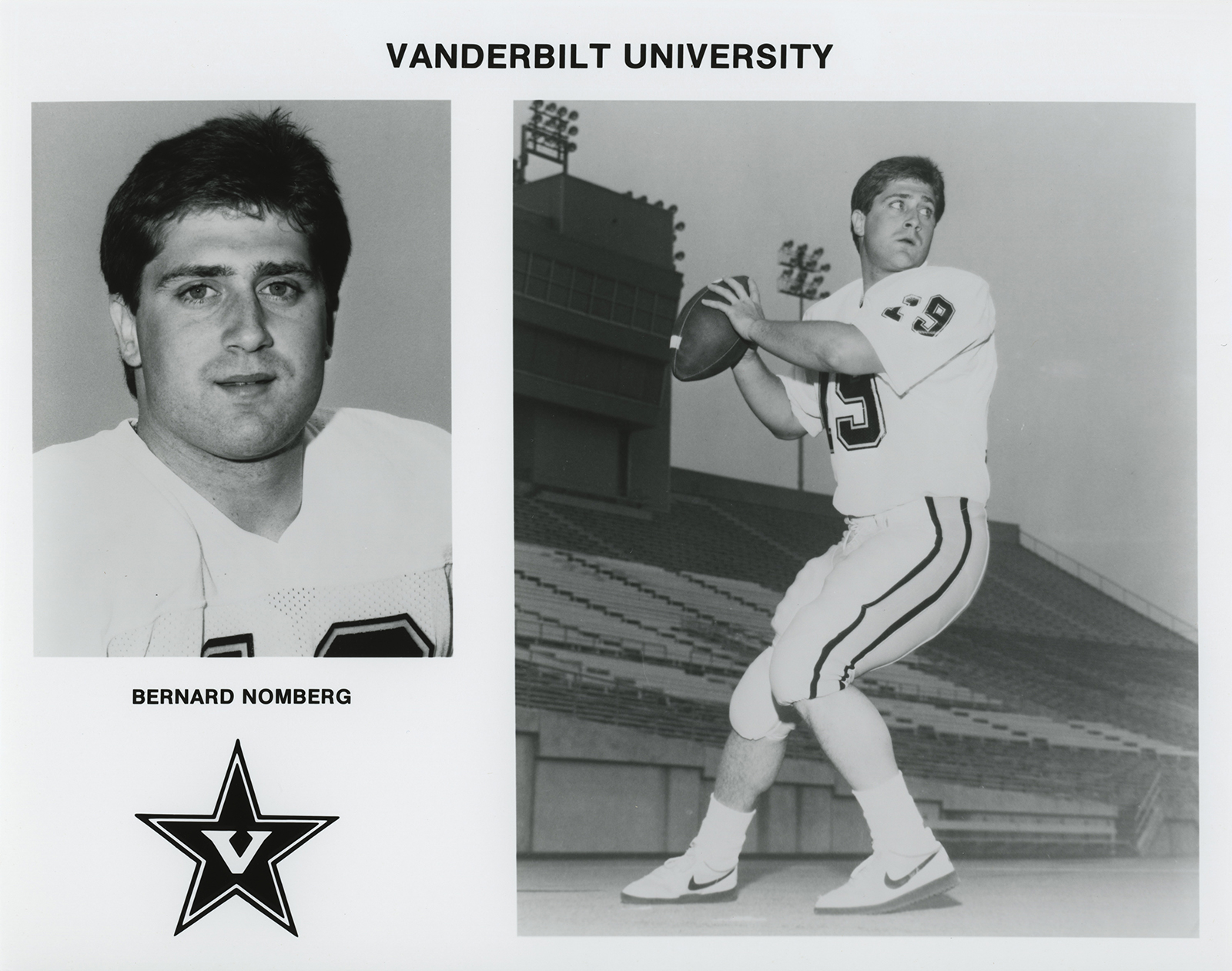
While he relished the challenge of learning from an innovative offensive head coach and developed lifelong bonds with teammates, especially those with whom he shared the quarterback room, wins and playing time proved equally hard to come by.
“When I finished playing football, I was mentally and physically done with the sport,” Nomberg says. “I wasn’t really bitter about not getting to play much. I accepted the reality that there were just better athletes in my position. But when I graduated, I was ready to move to the next phase of life, which I knew was law school. I had started dating the woman who would become my wife, and I was ready for whatever was next in life.”
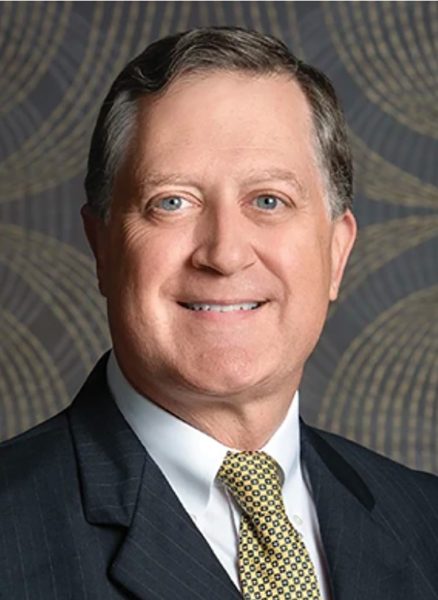
He and his brother, David, eventually opened a small legal firm in Birmingham. In a crowded market, they looked for ways to reach potential clients. Their personalities didn’t lend themselves to flashy television ads or interstate billboards, so they turned to social media to develop community. One of their most successful efforts was an interview show Nomberg hosted on Facebook. With ample courtroom experience, asking questions came naturally. Over approximately 250 episodes, he spoke with small business owners, community leaders and friends about their journeys and whatever interested them.
He soon launched a similar series to use storytelling to preserve the history of his former high school, which had merged with an erstwhile rival in Dothan. When he didn’t find anything occupying a similar space for Vanderbilt football, he built it. In January 2020, he launched the podcast, along with a Facebook group specifically for Vanderbilt football alumni and others close to the program—coaches, trainers, cheerleaders, etc.
Today, the community has grown to around 500 members.
“I might find a photo from 1976,” Nomberg says, “And there might be a player or two from our group who are in the photo, so I’ll tag them. And before you know it, there’ll be 20 comments about that photo and about that day.”
“A lot of times pioneers don’t get to enjoy the spoils of their labor, but I got a chance to see … that it was all worth it to come to Vanderbilt, to blaze a trail and set the example, to be the one who would allow others to follow.”—Taylor Stokes, BA’73
Nearly 200 episodes in, he isn’t running out of stories. Guest booking is generally full three months in advance. Once recorded and uploaded, the video or audio is available to anyone, regardless of their connection to Vanderbilt football. But during recording, the Facebook group’s members are able to listen live and interact, Nomberg sharing chat comments and names with that week’s guest. The conversations thus become something close to community get-togethers.
“Sometimes it moves people to tears because it harkens back to a much simpler time of everyone’s life,” Nomberg says. “We weren’t adulting. We were in the bubble of Vanderbilt University and, more specifically, within the football program. You didn’t have to worry about mortgages or car payments. It really takes you back to a more innocent time of your life.”
As welcome and even therapeutic as flipping through an old photo album can be, some of the conversations Nomberg is proudest of don’t treat the past as an idyllic retreat. The show’s first guest was Taylor Stokes, Vanderbilt football’s first Black scholarship student-athlete, who shared both the joys and frustrations of his time as a trailblazer.
“A lot of times pioneers don’t get to enjoy the spoils of their labor,” Stokes told Nomberg. “They pass away or they go away—it all occurs after they leave. But my life story is I got a chance to see … that it was all worth it to come to Vanderbilt, to blaze a trail and set the example, to be the one who would allow others to follow.”
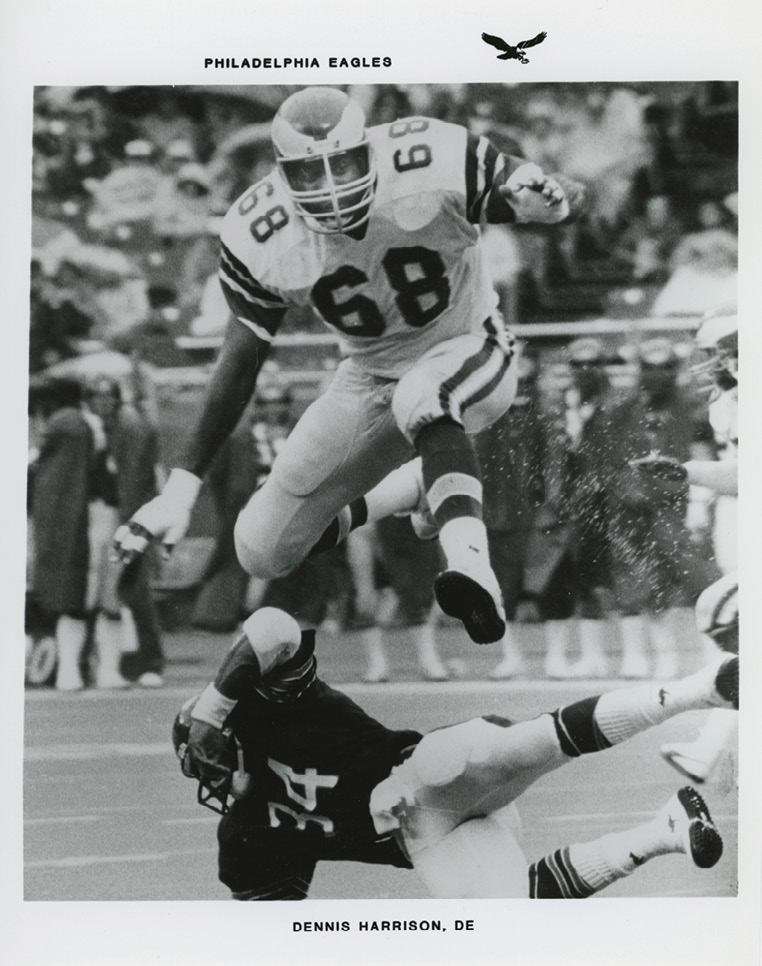
playing professionally as a defensive end for
the Philadelphia Eagles (Property of the Philadelphia Eagles)
Conversations with pioneers who helped integrate the program and move the university forward are regular staples. That includes a pair of panel discussions, most recently with Dennis Harrison, Floyd Hughes, Rod Nickson, Ed Parrish and James Threalkill.
“I think for some teammates of each of these individuals, listening to these stories now, they either did not appreciate what was going on at the time or had no idea what some of these men have gone through,” Nomberg said of the recurring discussions. “Not that they were ignorant of the times, it’s just that they didn’t go through it personally like their Black teammates did.”
For all who played, the stories that emerge on the podcast are their shared history. Sometimes profound and moving, sometimes wistful, often amusing, they are the history of wins and losses but also hopes and dreams. And as long as they’re told, they live on.
Listen to the Conversations with Commodores podcast.
